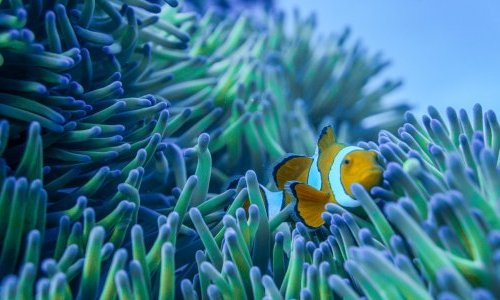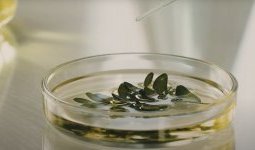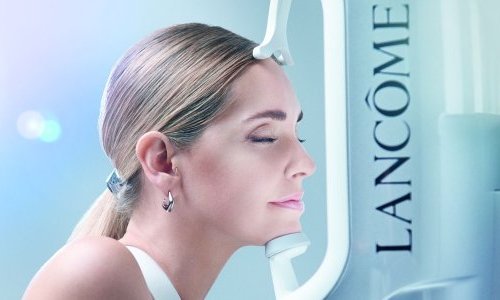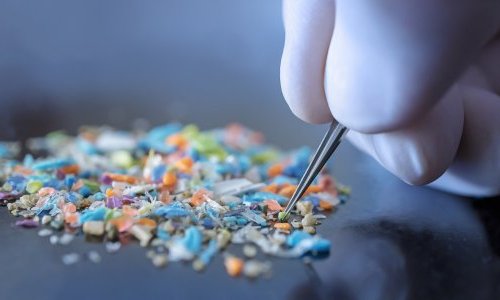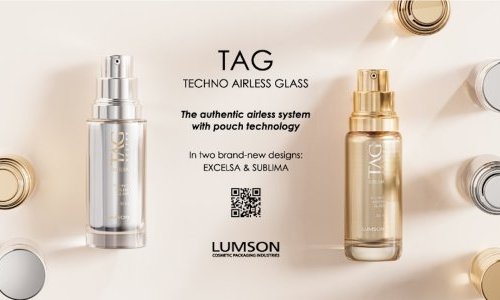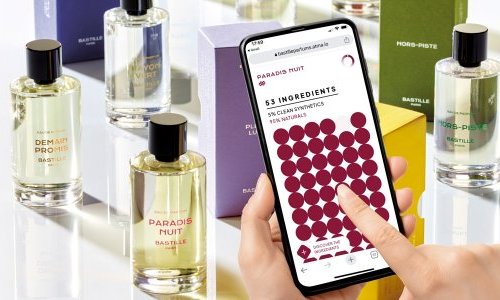UK’s Department for Environment, Food & Rural Affairs (Defra) has confirmed plans to ban the sale and manufacture of cosmetics and personal care products containing tiny pieces of plastic, commonly known as ‘microbeads’.
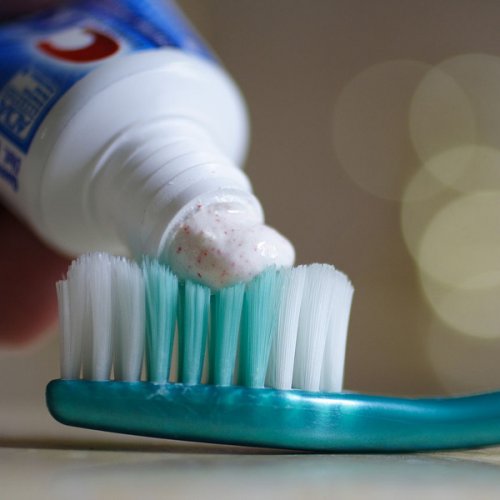
It is not impossible that these national bans, will be useless as plastic microbeads will already have been phased out ahead of their entry into force. - Photo credit: Thegreenj - Creative Commons
“Adding plastic to products like face washes and body scrubs is wholly unnecessary when harmless alternatives can be used. This is the next step in tackling microplastics in our seas (…) and I look forward to working with industry and environmental groups. This government is committed to its promise to be the first generation ever to leave the environment in a better state than it inherited, and together we can bring an end to these harmful plastics clogging up our oceans,” said Environment Secretary Andrea Leadsom.
A consultation will launch later this year.
France will ban as of January 2018
This announcement follows the ban of plastic microbeads in rinse-off cosmetics by the French Law on Biodiversity adopted last July. The ban will enter into force on January 2018. [1]
Both initiatives are part of an international movement to ban microplastic beads. For that reason, some companies started to move away from plastic microbeads in cosmetic products and in October last year the cosmetics industry across Europe took the collective decision to remove, as of 2020, plastic microbeads from products where they may reach the marine environment.
In reality, the industry’s removal of plastic microbeads is progressing quickly and is likely to be completed well ahead of the recommended deadline. L’Oréal, for instance, recently announced that 80% of its products have been reformulated and that 100% of their rinsed off products will be reformulated by the end of 2016, ahead of their forecasts.
Eventually, it is not impossible that these national bans, will be useless as plastic microbeads will already have been phased out ahead of their entry into force.
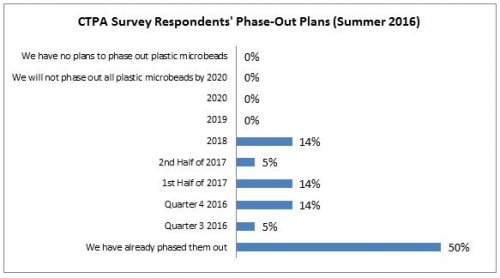
(click on the image to enlarge it)
According to the Cosmetic, Toiletry and Perfumery Association (CTPA), the UK cosmetics industry alone has already achieved a 70% reduction in the use of plastic microbeads in personal care products and their use will be virtually zero by the end of 2018.



